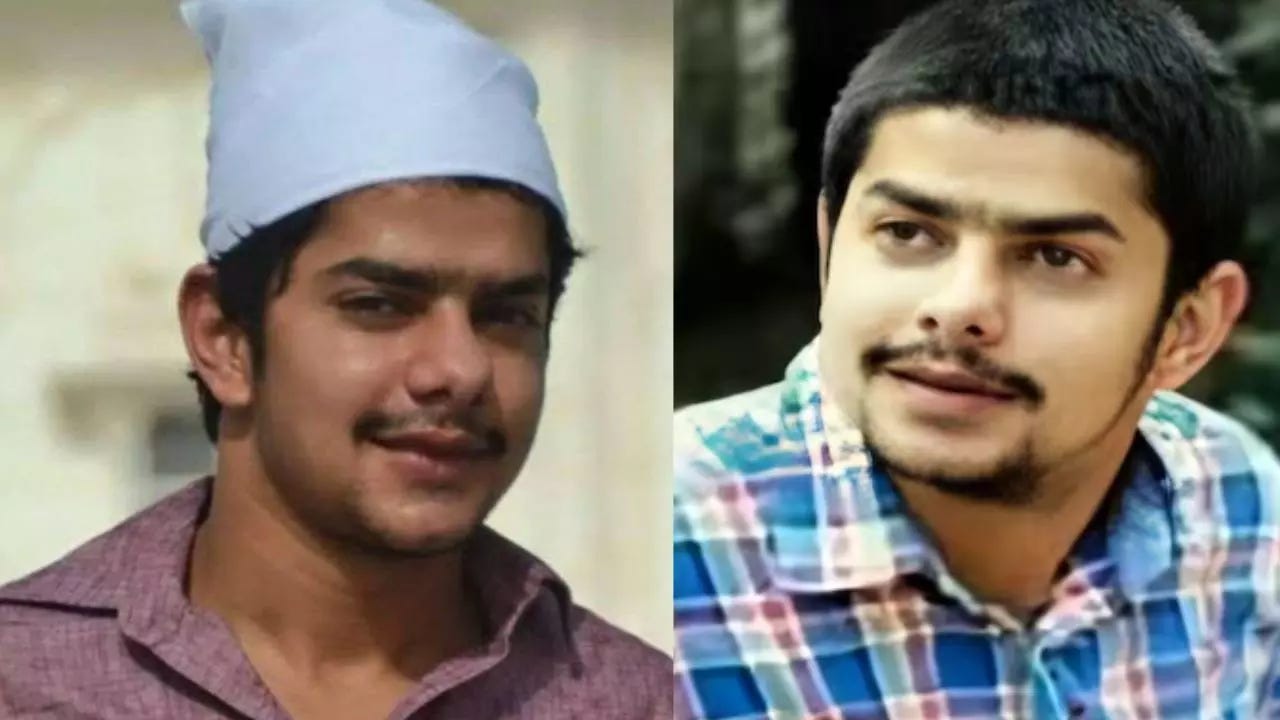The Shadow Conglomerate: How Crime Networks Perfected Globalization
I look at the deportation of Anmol Bishnoi and see a mirror of our own world. While we are stuck in lines at passport control, the architects of violence have built a frictionless global economy.
I. The Gunshot in Bandra
Let’s start with a scene that feels like it belongs in a film, though the consequences are terrifyingly real. In April 2024, shots are fired outside a superstar’s home in Mumbai. It looks local. It feels visceral. It is the kind of violence that makes you check the locks on your door. But if you pull back the lens, you realize this wasn’t a crime of passion; it was a remote-controlled detonation.
II. The Quiet in California
Now, jump halfway across the world to Sacramento. Here, Anmol Bishnoi isn’t firing guns; he is filling out forms—or rather, avoiding them. He is living in the banal quiet of the American suburbs. This is the part that chills me the most. The monster isn’t under the bed; he is standing in line at the DMV. He is navigating the bureaucracy of the very society he seeks to exploit.
III. The Flight to Delhi
Finally, look at the tarmac in Delhi this week. A plane lands. Two hundred people disembark, Anmol among them. It looks like justice. It looks like the system working. But is it? Or is it just the state playing catch-up with a network that moves at the speed of light?
The Illusion of Distance
I put these three images together—the violence, the silence, and the transit—and I see a frightening truth about our world. We still believe that distance protects us. We think that if we are in California, the wars of the Punjab or the feuds of Mumbai cannot touch us. But the Bishnoi network proves that distance is dead. As the French philosopher Simone Weil noted on the nature of power and violence:
Force is as pitiless to the man who possesses it, or thinks he does, as it is to its victims; the second it crushes, the first it intoxicates.
– Simone Weil, The Iliad or the Poem of Force
The ‘intoxication’ of this network is that it believes it can operate above the laws of physics and geography.
The Findings: A Franchise of Fear
What the FBI and NIA have uncovered here isn’t just a gang; it’s a franchise. Lawrence Bishnoi is the CEO in an Indian jail cell. Goldy Brar is the overseas director. Anmol was the regional manager. They have built a ‘Shadow Supply Chain’ that mimics Amazon or FedEx. They don’t move boxes; they move fear. The terrifying reality is that criminal syndicates have adapted to the 21st century faster than our governments have.
Go Deeper
Step beyond the surface. Unlock The Third Citizen’s full library of deep guides and frameworks — now with 10% off the annual plan for new members.
The Choice Before Us
So, what does this mean for you and me? It means we have to stop pretending that borders are magic shields. The ‘security’ we feel is often a performance. The true struggle of our time isn’t between nations, but between the rule of law and the rule of the network. Zygmunt Bauman, describing the slippery nature of modern power, warned us about this:
Power has become extraterritorial... It has floated away from the street, the factory, the barrack-room, and the school.
– Zygmunt Bauman, Liquid Modernity
Anmol Bishnoi’s arrest is a win, yes. But it is a win against a symptom, not the disease. The disease is a world where money and malice flow freely, while justice waits for a visa.



